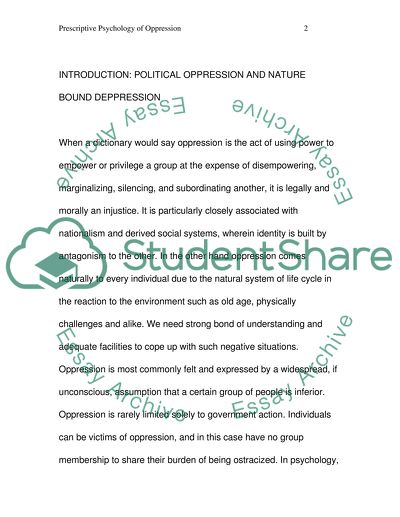Cite this document
(“REFLECTIVE PROFESSIONAL ENQUIRY 1 PROJECT Essay”, n.d.)
Retrieved from https://studentshare.org/sociology/1523548-reflective-professional-enquiry-1-project
Retrieved from https://studentshare.org/sociology/1523548-reflective-professional-enquiry-1-project
(REFLECTIVE PROFESSIONAL ENQUIRY 1 PROJECT Essay)
https://studentshare.org/sociology/1523548-reflective-professional-enquiry-1-project.
https://studentshare.org/sociology/1523548-reflective-professional-enquiry-1-project.
“REFLECTIVE PROFESSIONAL ENQUIRY 1 PROJECT Essay”, n.d. https://studentshare.org/sociology/1523548-reflective-professional-enquiry-1-project.


